

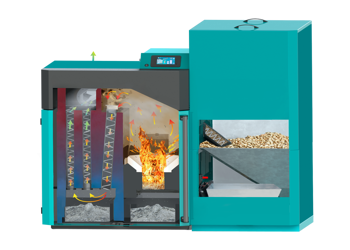
Palm Kernel Shells as well as Coconut Shells have high calorific values making them efficient biofuels for burning.
However, because of the sizes Palm Kernel Shells are most applicable for stoker boilers. Especially home stoker boilers for 8 mm pellets are very suitable for burning Palm Kernel Shells.
The only disadvantage of burning Palm Kernel Shells is the little high level of ash around 3%. However, the ash is very fit to use as fertilizer for your garden.
Stoker boilers for steam coal are in most cases fit for both Palm Kernel Shells and Coconut Shells. Coconut Shells have a very low ash level around 0.5%

Palm Kernel Shells Charcoal and Coconut Shells Charcoal are delicate for barbecuing adding exotic aromas to the items being barbecued.
Palm Kernel Shell Charcoal as well as Coconut Shell Charcoal are available in natural shapes or in different sizes of briquettes.
Charcoal is produced by slow pyrolysis, i.e. the heating of the shells in the absence (or low level) of oxygen. This process is called carbonisation.
The carbonisation might be done in more or less expensive but complementary less or more effective production systems.
The charcoal we are selling has a carbon level around 80% for the Coconut Shells and close to 100% for the Palm Kernel Shells.
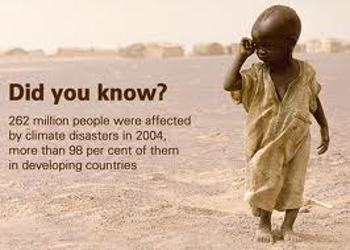
Palm Kernel Shells are a natural waste product from making palm oil. It is the kernels of the palm fruit. Burning the Palm Shells adds zero to nothing to the cyclus of nature.
Coconut Shells are a natural waste product from making coconut milk and flour. Burning the Coconut Shells adds zero to nothing to the natural cyclus of nature.
The shells are actually of no real use to the Africans. We are doing better to Africa to give them an extra income from a waste product of really no local applications.
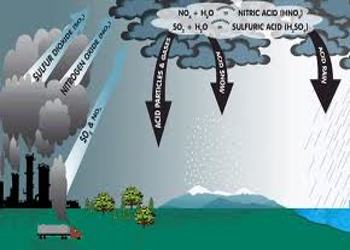
Biofuel containing Sulphur will produce sulphur oxides when burning. Sulphur oxide cause acid rain killing the forests.
Biofuel containing Nitrogen will produce nitrogen oxides (NOx) when burning. Nitrogen Oxides cause toxic air causing cancer to animals and humans.
A lot of biofuels are not climate friendly at all but taking tens or years to rebuild the biological material balancing the CO2 account.
Palm Kernel Shells as well as Coconut Shells are very low on sulphur as well as nitrogen. A life cycle in nature of only 1 year making palm shells superior in carbon footprint compared to most other biofuels.

The shells are shipped from Africa to Europe on modern container liners.
Compared to transport by trucks, the emission of CO2 is 1/100 per ton per kilometer, making the 10,000 km from Africa to Europe equal to 100 km by trucks.
- Why vacuum clean Africa from palm shells? - Why not use it locally?
The answer is simply that the regions with palm shells have plenty of other (potential) energy sources - not the least solar thermal energy.

We are exporting from Ghana - working closely with our local partners in mutual respect for Corporate Social Responsibility.
Most Palm Oil farms in West Africa are small and family owned adding the profit from palm shells on top of the income to the families.
Buying direct from the small farmers makes the price of palm shells out of West Africa cheaper than out of Asia.
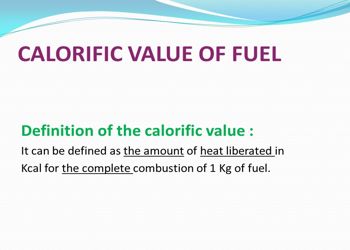
Palm Kernel Shells as well as Coconut Sheels have high calorific values, significantly higher than most wood pellets. The high calorific values come from the high level of carbon.
For Palm Kernel Shells the carbon level is 45-50% giving a calorific value of around 4,500 kCal/kg.
For Cocunut Shells the carbon level is around 40% giving a calorific value around 4,100 kCal/kg.

Ghana is a well-functioning West African country about 600 km north of equator. Ghana is a former British colony making English the government and business language.
Tema Port is a very big and high-performing port making Ghana a major hub for a lot of commodities going in and out of West Africa.
Ghana is fit for up to 2,000 metric tones of Palm Kernel Shells or Coconut Shells per container based shipment.
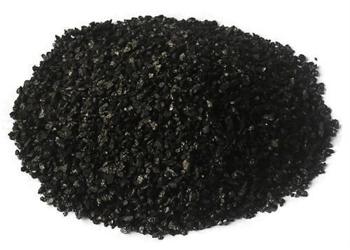
Activated Carbon is a form of carbon processed to have small, low-volume pores that increase the surface area available for adsorption or chemical reactions.
Activated Carbon has wide range of applications for cleaning water, cleaning food, cleaning chemicals - and more.
Coconut Shells make the finest available activated carbon especially useful for removing aromas.

Carbon Fibers (alternatively CF, graphite fiber or graphite fibre) are fibers about 5–10 micrometres in diameter and composed mostly of carbon atoms.
Carbon fibers are very lightweight and extremely strong. Carbon fibers have a wide range of applications including woven fabrics and hard shaped item.
Palm Kernel Shells and Coconut Shells make the finest carbon fibers.